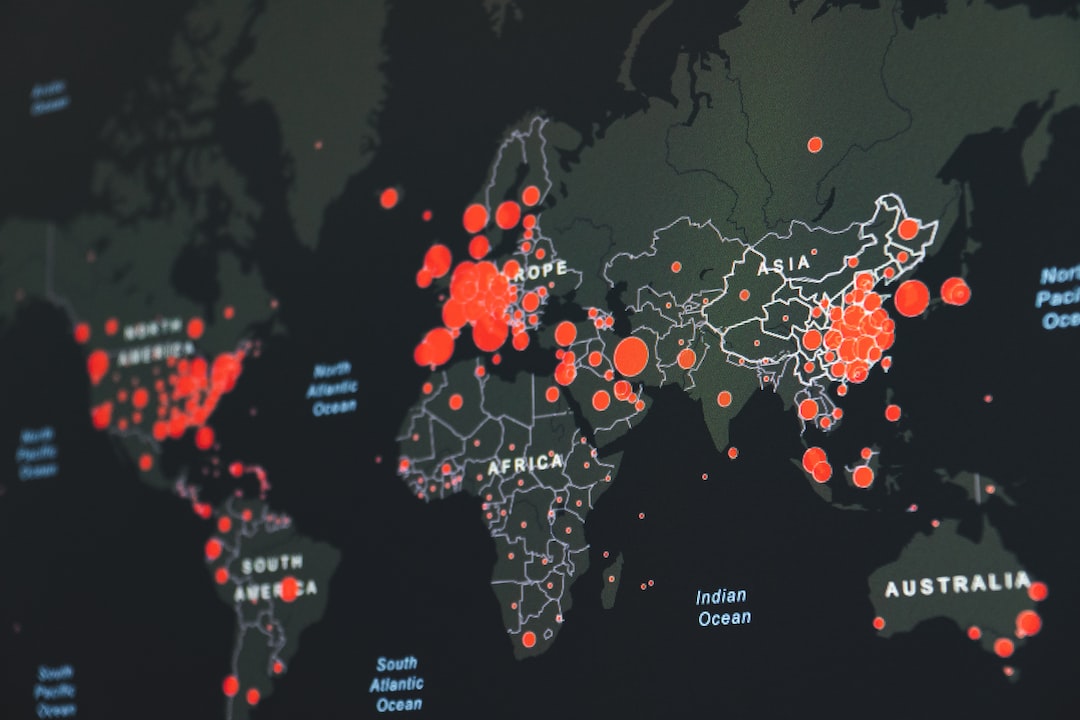The Devastating Effects of Wildfires: Climate Change or Poor Forest Management?
In recent years, we have witnessed a surge in the frequency and intensity of wildfires occurring worldwide. The aftermath of these events leaves behind a trail of destruction, not only to the affected ecosystems but also to human lives and infrastructure. While there are multiple factors contributing to the occurrence of wildfires, two primary factors stand out – climate change and poor forest management.
Climate change has been widely recognized as a major driver of the increasing wildfire risk. Rising temperatures, prolonged droughts, and changes in precipitation patterns create the ideal conditions for fires to ignite and spread rapidly. As temperatures soar, vegetation dries out more quickly, providing ample fuel for wildfires. Additionally, climate change alters the behavior of winds, making them stronger and more unpredictable, further aiding the spread of flames. The evidence of climate change’s contribution to the devastating wildfire seasons is supported by numerous scientific studies and reports.
However, it would be unfair to solely blame climate change for the rise in wildfires. Poor forest management practices also play a significant role in increasing the severity and extent of these fires. Fire suppression policies of the past century have led to an accumulation of fuel loads, allowing fires to burn with unprecedented intensity once they ignite. The lack of regular controlled burns and thinning of dense forests has disrupted the natural fire cycle, leading to the build-up of flammable materials. This forest mismanagement has essentially created ticking time bombs in many regions prone to wildfires.
Another human factor exacerbating the problem is urban encroachment on wildland-urban interface areas. As more people move into these high-risk zones, the potential for wildfires to cause destruction to homes and infrastructure increases exponentially. The combination of climate change, poor forest management, and urban sprawl creates a deadly cocktail, making wildfires more devastating than ever before.
So how can we mitigate the devastating effects of wildfires? A holistic approach is required, addressing both climate change and forest management practices. Firstly, efforts to reduce greenhouse gas emissions and slow down climate change must be intensified. Transitioning to renewable energy sources, implementing sustainable policies, and increasing public awareness about the importance of reducing carbon footprint are essential steps.
Secondly, forest management strategies need a paradigm shift. Adopting a more proactive approach that includes controlled burns, thinning of overly dense forests, and creating defensible spaces around communities can reduce the severity of wildfires. Collaborative efforts between government agencies, forest landowners, and communities are crucial to implementing effective forest management practices.
In conclusion, wildfires are a complex issue with both climate change and poor forest management playing significant roles. While climate change exacerbates the conditions for fires to occur, mismanagement of forests provides fuel for these fires to spread. By addressing both factors simultaneously, we can work towards mitigating the devastating effects of wildfires and protect both our natural ecosystems and human communities.

